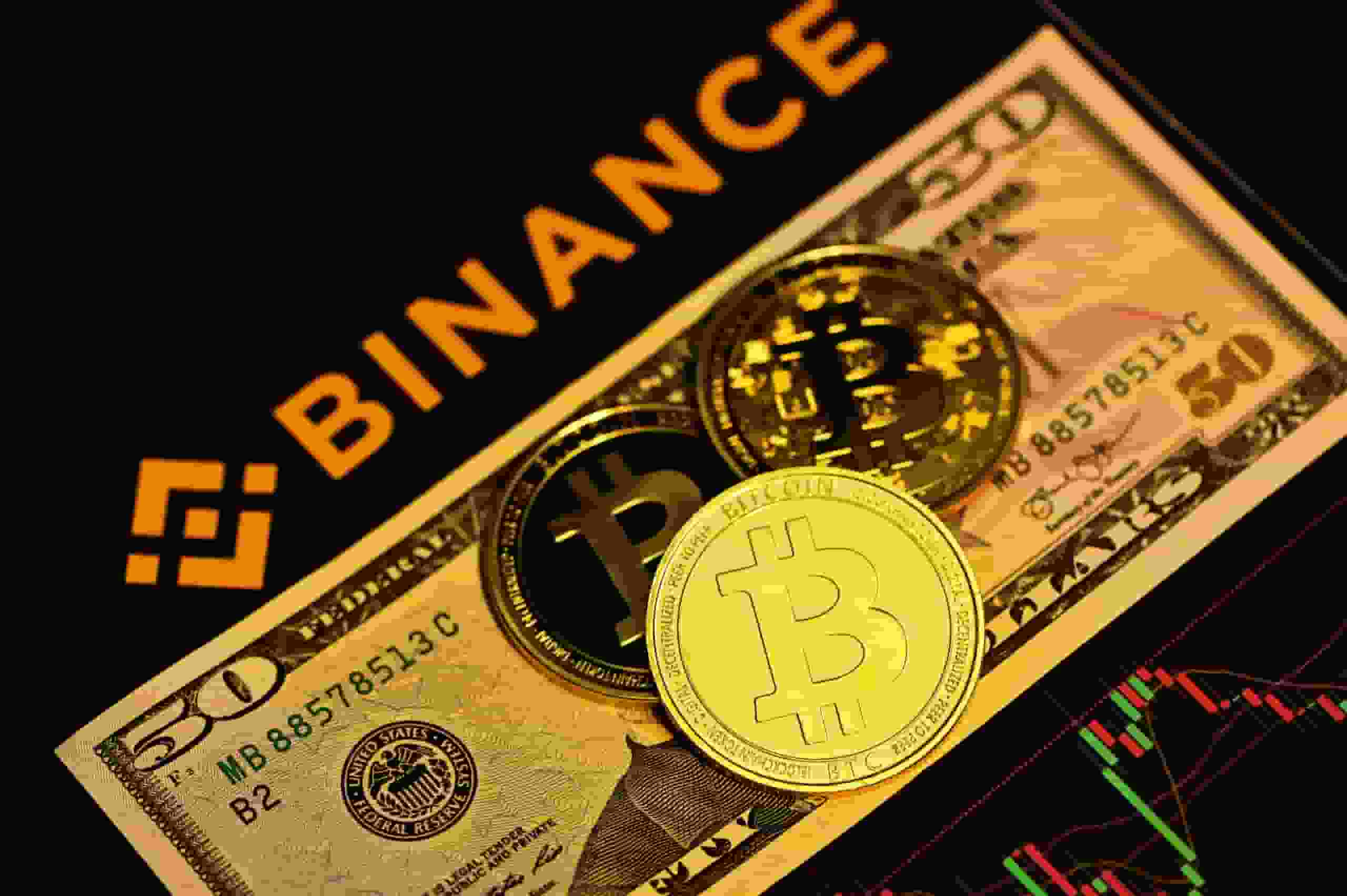
The bankrupt cryptocurrency lender Voyager Digital announced on Monday that Binance US has agreed to purchase its assets for $1.022 billion.
The bid reflects the fair market value of Voyager’s cryptocurrency portfolio, which has a current worth of approximately $1.002 billion, in addition to an incremental value of $20 million.
Binance US
“The Binance US bid intends to return cryptocurrency in kind to customers, in accordance with court-approved disbursements and platform capabilities,” Voyager said in a statement.
Last month, Binance CEO Changpeng “CZ” Zhao stated that his exchange’s US subsidiary would submit a new bid for Voyager Digital. CoinDesk had previously reported that Binance was preparing a bid for the assets of the bankrupt cryptocurrency lender.
Binance.US will make a $10 million good faith deposit and reimburse Voyager for up to $15 million in expenses. During a hearing on January 5, 2023, Voyager will also seek bankruptcy court approval.
Voyager, which declared bankruptcy earlier this year, had agreed to sell its assets to the now-defunct cryptocurrency exchange FTX, beating out competitors Wave Financial and Binance.
Read more: Donald Trump NFT: Former President is accused of copying images for his collection
Bitcoin’s Dirty Little Secrets

Bitcoin is accustomed to negative press, but a new report titled “Bitcoin’s Dirty Little Secrets” by the Bank of America’s Global Research team demonstrates that not all banks are eager to join the cryptocurrency bandwagon.
In a report published on Wednesday, BofA argued that Bitcoin’s price increase is due to institutional investors pouring money into the digital currency.
The price of Bitcoin (BTC) reached an all-time high of $61,683 on March 13 as a result of announcements made this year by some of the world’s largest banks, big-name companies, and financial whales, who have all backed Bitcoin in some capacity.
Last year at this time, Bitcoin was hovering around the $6,000 threshold. Bank of America asserts that the price of Bitcoin has increased due to the support of major financial institutions.
Read more: How could US inflation determine your chances of receiving financial assistance next year?

